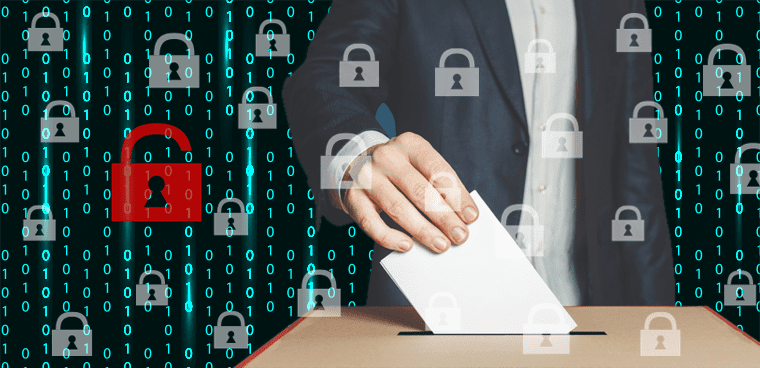
Understand the crucial role of cyber security in protecting the integrity of elections, and how it helps prevent interference, ensure confidentiality, and maintain public trust in democratic processes.
In the digital age, the role of cyber security in safeguarding elections has become increasingly important. With the rise of online platforms and digital technologies in the electoral process, the potential for cyber threats has grown. These threats can undermine the integrity of elections, making cyber security a critical component in ensuring free and fair democratic processes.
Preventing Election Interference
One of the key roles of cyber security in safeguarding elections is preventing interference. This can take many forms, from hacking into election systems to spread disinformation campaigns. Cyber security measures help protect against these threats by securing election systems, detecting and responding to cyber threats, and educating the public about potential disinformation.
Ensuring Confidentiality and Integrity
Cyber security also plays a crucial role in ensuring the confidentiality and integrity of elections. This involves protecting sensitive data, such as voter registration information and vote counts, from unauthorized access or manipulation. Cyber security measures, such as encryption and secure networks, can help ensure that this data remains confidential and intact.
Maintaining Public Trust
Maintaining public trust in the electoral process is another important role of cyber security. If voters believe that an election could be compromised by cyber threats, it could undermine their confidence in the results and in the democratic process as a whole. By implementing robust cyber security measures, election authorities can reassure the public that their votes are secure and that the election results are reliable.
Adapting to New Technologies
As new technologies are introduced into the electoral process, such as electronic voting machines or online voting platforms, cyber security must adapt to protect these systems from potential threats. This involves staying up-to-date with the latest cyber threats and developing new strategies and technologies to counter them.
Collaboration and Cooperation
Safeguarding elections from cyber threats is not a task that can be accomplished by a single organization or country. It requires collaboration and cooperation between governments, election authorities, tech companies, and cyber security experts. By working together, these groups can share information, develop best practices, and coordinate responses to cyber threats.
Cyber security plays a critical role in safeguarding elections. It helps prevent election interference, ensures the confidentiality and integrity of election data, maintains public trust in the electoral process, adapts to new technologies, and fosters collaboration and cooperation. As the digital landscape continues to evolve, the role of cyber security in protecting our elections will only become more important.
